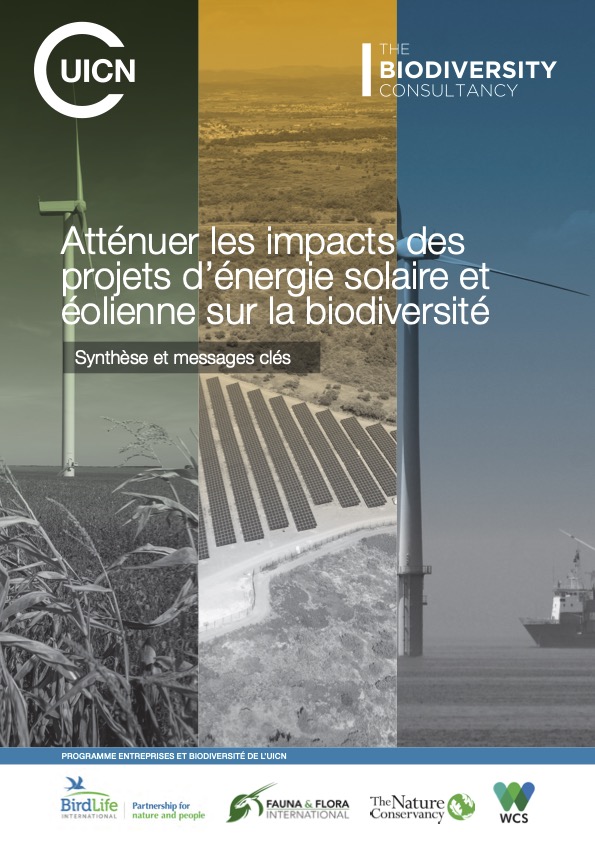Agro-biodiversity in national pathways for food system transformation: case of West Africa
The challenges relating to biodiversity loss, food insecurity and climate change show the urgent need to make transition towards sustainable food systems in West Africa. To bring about such a transition worldwide, the United Nations’ Food Systems Summit was held in September 2021. One of the main outcomes of the Summit was the national pathways to sustainable food systems. This review analyses whether and how agro-biodiversity is addressed in the food system transformation pathways submitted by West African countries in the framework of the Summit.





